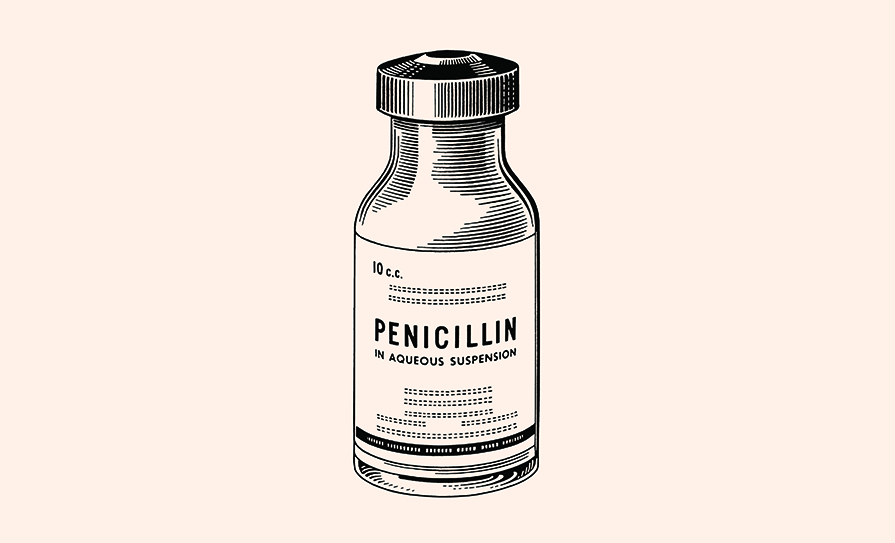Anybody who is, or has been, in a relationship will be aware of the sometimes unconscious influence we can have on each other. This can include unwittingly adopting each other’s mannerisms, body language, or gestures.
This has been dubbed the “chameleon effect” and causes some people to adopt behaviours that match people close to us, or sometimes our social circles. Such behaviours are instinctive and are intended to engender positive reactions from those around us.
But new research published at the end of last year suggests that this mimicry goes beyond the superficial, with the finding that people in heterosexual relationships often have high blood pressure that mirrors their partner’s. The study is the first of its kind to look at the correlation between high blood pressure in both high- and middle-income couples and on different continents. It involved data from 3,989 couples in the US, 1,086 English couples, 6,514 couples in China, and 22,389 Indian couples. Previous studies on this phenomenon have been conducted in small regional samples, or were carried out in a single country.
Among the main findings were that in England, the prevalence of both partners having high blood pressure was an alarmingly high 47 per cent. In the US this figure was 38 per cent, and in China 21 per cent of couples both had high blood pressure, with the figure at 20 per cent in India.
They further found that female spouses or partners whose husbands had high blood pressure were 9 per cent more likely to also have high blood pressure, compared to wives married to husbands without high blood pressure. This is compared to 26 per cent more likely in China, and 19 per cent more likely in India. Similar correlations were observed for husbands in each country. The authors said these correlations were consistent regardless of how long they were married, household wealth, education, and age groups.
Study co-lead author Dr Peiyi Lu (PhD), post-doctoral Fellow in epidemiology at Columbia University Mailman School of Public Health in the US, commented: “High blood pressure is more common in the US and England than in China and India, however, the association between couples’ blood pressure status was stronger in China and India than in the US and England. One reason might be cultural. In China and India, there’s a strong belief in sticking together as a family, so couples might influence each other’s health more.”
“In collectivist societies in China and India, couples are expected to depend [upon] and support each other, emotionally and instrumentally, so health may be more closely entwined.”
The authors hope their work will emphasise the potential for couple-based approaches in healthcare, particularly in the area of blood pressure diagnosis and management.
The study was published recently in the Journal of the American Heart Association. The authors concluded: “Concordance of hypertension within heterosexual couples was consistently observed across these four socially and economically diverse countries. Couple‐centered interventions may be an efficient strategy to prevent and manage hypertension in these countries.”
I sincerely hope you had an enjoyable and stress-free Christmas and New Year. Let’s hope for a more peaceful 2024 around the world.













Leave a Reply
You must be logged in to post a comment.